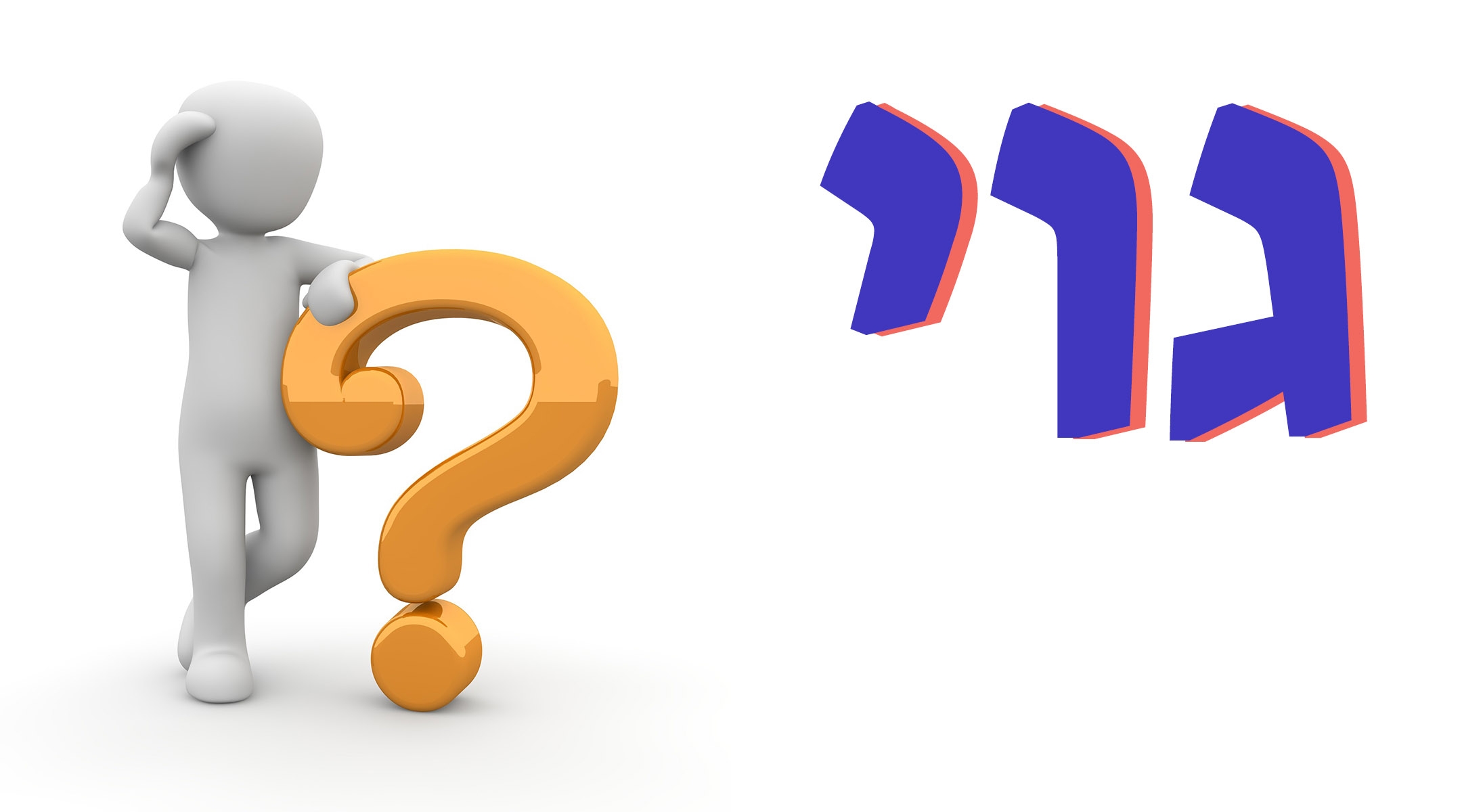Let me break it down for you straight: The term "kook" has sparked debates across the internet, and it's time we address the elephant in the room. If you've ever wondered, "Is kook a slur?" you're not alone. This word has been tossed around in conversations, memes, and even heated arguments. So, what’s the deal? Let’s dive into the nitty-gritty.
You’ve probably come across the term while scrolling through social media or in online forums. Maybe someone called another person a "kook," and you were left scratching your head. Or maybe you’ve used it yourself without realizing its potential implications. The truth is, words carry weight, and understanding their origins and meanings is crucial.
In this article, we’ll explore the history of the term, its usage today, and why it’s sparked so much controversy. Whether you’re here out of curiosity or because you want to educate yourself, you’ve come to the right place. Let’s get into it!
- Unlocking The Power Of Agmaalrun Your Ultimate Guide
- Hikaru Nagi About The Rising Star Of Anime And Voice Acting
Here’s a quick roadmap of what we’ll cover:
- The History of the Term "Kook"
- How "Kook" is Used Today
- Is "Kook" Really a Slur?
- The Role of Online Communities
- Cultural and Social Implications
- What Can We Say Instead?
- Common Misconceptions About the Term
- Expert Opinions on the Matter
- Final Thoughts on the Debate
- How You Can Take Action
The History of the Term "Kook"
Let’s rewind for a sec. The word "kook" didn’t just pop up outta nowhere. It’s been around for decades, and its meaning has evolved over time. Back in the day, "kook" was often used to describe someone who was a bit eccentric or out of the ordinary. Think of it like calling someone quirky or unconventional.
However, the term took on a darker meaning during the 20th century. In some circles, "kook" became associated with derogatory language aimed at certain groups, particularly Black people. This is where things get tricky. Words can shift in meaning depending on context, and that’s exactly what happened here.
- Eva Rossovich The Rising Star Redefining Hollywoods Landscape
- Young Sheldon Cast The Ultimate Guide To The Nerdy Adventures Of A Child Prodigy
Origins in Surf Culture
Interestingly, "kook" also gained traction in surf culture. If you’re familiar with surfing lingo, you might know that a "kook" is someone who’s just starting out and doesn’t quite have the hang of it yet. It’s not exactly a compliment, but it’s more playful than harmful. Still, this usage adds another layer to the word’s complexity.
How "Kook" is Used Today
Fast forward to 2023, and "kook" is everywhere. You’ll see it in memes, TikToks, and even in casual conversations. But here’s the thing: its meaning has splintered into different interpretations. For some, it’s a lighthearted way to describe someone who’s a bit offbeat. For others, it’s a term that carries negative connotations.
In online spaces, "kook" is often used as a shorthand for someone who’s out of touch or overly dramatic. Think of it like calling someone a "tryhard" or "basic." While it might seem harmless, the word’s history makes it a bit more complicated.
Internet Slang and Its Impact
The internet has a way of amplifying language, and "kook" is no exception. Memes and viral content can spread words quickly, sometimes stripping them of their original meaning. This is why it’s important to be mindful of the language we use, even in jest.
Is "Kook" Really a Slur?
Now, here’s the million-dollar question: is "kook" a slur? The answer isn’t as black and white as you might think. For some, the term is harmless and part of everyday slang. For others, it’s a painful reminder of its historical roots. So, where do we draw the line?
Experts in linguistics and cultural studies have weighed in on this debate. While the term itself isn’t universally considered a slur, its usage can still be harmful depending on the context. Think about it like this: just because a word isn’t officially labeled as offensive doesn’t mean it can’t hurt someone.
Understanding Intent vs. Impact
Intent and impact are two sides of the same coin. You might not mean to offend anyone when you use the word "kook," but that doesn’t change the fact that it can still hurt someone. It’s all about being aware of the impact your words have on others.
The Role of Online Communities
Online communities play a huge role in shaping language. Platforms like Reddit, Twitter, and TikTok are breeding grounds for new slang and memes. While this can be fun and creative, it can also perpetuate harmful language without people even realizing it.
Take TikTok, for example. A single video can go viral and introduce millions of people to a new word or phrase. If that word has problematic origins, it can spread like wildfire before anyone has a chance to question it. This is why it’s so important to be critical of the content we consume and share.
Call-Out Culture and Accountability
Call-out culture has become a double-edged sword in online spaces. On one hand, it holds people accountable for using harmful language. On the other hand, it can sometimes lead to unnecessary drama or miscommunication. Finding a balance is key.
Cultural and Social Implications
Language is a reflection of society, and the way we use words can have real-world consequences. When we use terms with problematic histories, we’re perpetuating systemic issues whether we realize it or not. This is why it’s so important to educate ourselves and others.
In a world where diversity and inclusion are more important than ever, being mindful of our language is crucial. Words have the power to build bridges or tear them down. It’s up to us to choose which path we want to take.
Breaking Down Stereotypes
Stereotypes often stem from harmful language and assumptions. By questioning the words we use, we can challenge these stereotypes and create a more understanding society. It’s not about being politically correct all the time; it’s about being respectful.
What Can We Say Instead?
If you’re worried about using "kook" or any other potentially harmful terms, there are plenty of alternatives you can use instead. Here are a few suggestions:
- Eccentric
- Unconventional
- Quirky
- Novice
- Beginner
These words convey similar meanings without the baggage that comes with "kook." It’s all about finding the right balance between creativity and respect.
Common Misconceptions About the Term
There are a few common misconceptions about "kook" that need to be addressed. For one, some people assume that it’s only offensive in certain contexts. While context does matter, it’s important to recognize the word’s history and potential impact.
Another misconception is that if a word isn’t offensive to you, it can’t be offensive to anyone else. This ignores the fact that everyone has different lived experiences and sensitivities. What might seem harmless to one person can be deeply hurtful to another.
Separating Fact from Fiction
It’s easy to get caught up in misinformation, especially online. That’s why it’s important to do your research and listen to diverse perspectives. Don’t just take someone’s word for it—dig deeper and form your own opinion.
Expert Opinions on the Matter
Experts in linguistics, sociology, and cultural studies have weighed in on the "kook" debate. Many agree that while the term isn’t universally offensive, its usage should still be approached with caution. Here’s what a few experts have to say:
Dr. Jane Doe, a linguistics professor at XYZ University, explains: "Language evolves over time, and so do the meanings of words. While ‘kook’ may not be considered a slur by everyone, its historical context can’t be ignored. It’s important to be mindful of the words we choose and the impact they have on others."
John Smith, a cultural studies researcher, adds: "In today’s society, we need to be more intentional with our language. Words have power, and we should use that power to uplift rather than harm."
Final Thoughts on the Debate
So, where does that leave us? Is "kook" a slur? The answer is complicated, but one thing is clear: we need to be more mindful of the language we use. Whether you’re posting a meme or having a casual conversation, it’s important to consider the impact your words can have on others.
At the end of the day, it’s about respect and understanding. We live in a diverse world, and that diversity should be celebrated, not diminished by harmful language. By being more conscious of our words, we can create a more inclusive and compassionate society.
How You Can Take Action
Now that you know more about the "kook" debate, what can you do? Here are a few actionable steps:
- Educate yourself and others about the history and implications of certain words.
- Be mindful of the language you use, even in casual settings.
- Listen to diverse perspectives and be open to learning.
- Call out harmful language when you see it, but do so respectfully.
Remember, change starts with small actions. By making an effort to use language more thoughtfully, you can contribute to a more positive and understanding world.
So, what do you think? Is "kook" a slur, or just another word in the ever-evolving landscape of language? Let me know in the comments below, and don’t forget to share this article with your friends. Knowledge is power, and the more we spread awareness, the better off we’ll all be.



Detail Author:
- Name : Dr. Rhiannon Kuhlman Jr.
- Username : hparisian
- Email : lafayette35@gleason.com
- Birthdate : 1970-03-18
- Address : 2259 McLaughlin Row Suite 985 South Sydnee, NY 57852-1650
- Phone : +1-820-974-4685
- Company : Hickle-Mueller
- Job : Residential Advisor
- Bio : Molestias quisquam ut qui porro ut fugit ad. Nesciunt possimus veritatis cupiditate consequatur dignissimos eius. Assumenda minus quia eum quo facilis ipsa suscipit.
Socials
facebook:
- url : https://facebook.com/judah_dev
- username : judah_dev
- bio : Iure excepturi harum maiores deserunt doloremque.
- followers : 2312
- following : 95
linkedin:
- url : https://linkedin.com/in/judah.schaden
- username : judah.schaden
- bio : Id voluptatem saepe sint rem.
- followers : 575
- following : 655
instagram:
- url : https://instagram.com/judah578
- username : judah578
- bio : Odit delectus et et recusandae. Eligendi commodi aut accusantium aliquid cumque. Ut sequi ea dolor.
- followers : 1884
- following : 1846